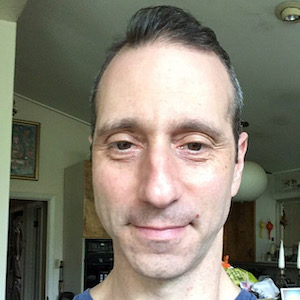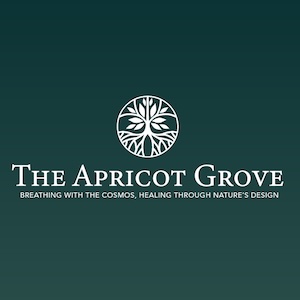How we know, and how we know we know. Our capacity to sit with our patients that liminal space of not knowing. And the ability to navigate uncertainty the process of unfolding a treatment. All these are processes that can be learned, but can’t be taught. All these help us to know, but are not served by gaining ore knowledge.
In this conversation with Taran Rosenthal we investigate the process of investigation. Mull over how we bring together thoughts and experience and attend to the unfolding present moment in clinic.
Listen into this discussion on mutable and fluxy perspectives that helps us to attend to our patients with some skill and presence in our clinical work.
In This Conversation We Discuss:
- It’s not just that there is uncertainty, and a certain level they are indeterminate
- Responsive vs prescriptive ways of working
- It’s important to know where we stand in relation to the healing a patient experiences
- The map is not the territory, but it can influence the territory
- Our mental models can shift and warp our perceptions of what we are seeing in clinic
- Cultivating the sense of what’s “me” and “not me”
- Getting clear on what is a thought, and what is something that is a more a direct perceptual input
- Our medicine is based on relationality
- The benefits of having a standing practice
Conscious breath, movement and stillness practice each day!
 Taran Daniel Rosenthal has been a student of healing for the past 26 years. He graduated from the Academy of Somatic Healing Arts, Atlanta, Georgia in 1996. He graduated from Naropa University, Boulder, Colorado in 2000, with an interdisciplinary BA in Buddhism, psychology, and the body. He has been a student and practitioner of Brazilian spirituality, a wide range of meditative traditions, and internal cultivation practices for the past 22 years. He has facilitated transformational healing workshops, and retreats, in the United States, Canada, and Brazil.
Taran Daniel Rosenthal has been a student of healing for the past 26 years. He graduated from the Academy of Somatic Healing Arts, Atlanta, Georgia in 1996. He graduated from Naropa University, Boulder, Colorado in 2000, with an interdisciplinary BA in Buddhism, psychology, and the body. He has been a student and practitioner of Brazilian spirituality, a wide range of meditative traditions, and internal cultivation practices for the past 22 years. He has facilitated transformational healing workshops, and retreats, in the United States, Canada, and Brazil.
Taran has taught dance, Pilates, yoga, meditation, and nei gong. He received his graduate diploma from Jung Tao School of Classical Chinese Medicine in 2012, and is licensed by the North Carolina Acupuncture Licensing Board. Since graduating he has continued his studies with advanced trainings in tui na, fascial unwinding, and visceral work (Tom Bisio, Frank Butler and Jen Resnick), craniosacral therapy, Ba Gua I Ching acupuncture, Sa’am acupuncture (Toby Daly), and various styles of palpatory acupuncture.
He studies the Neijing with Edward Neal, MD. Taran maintains an active movement practice including, but not limited to Xingyi, Ba Gua, swimming, and improvisational explorations. He co-hosts The Apricot Jam podcast with Lukas Wolf. All of this enriches, and deepens his work as a practitioner of Chinese medicine. He is grateful to and for, all of his teachers, past and present, especially his beloved daughter, Madalena Violet.














